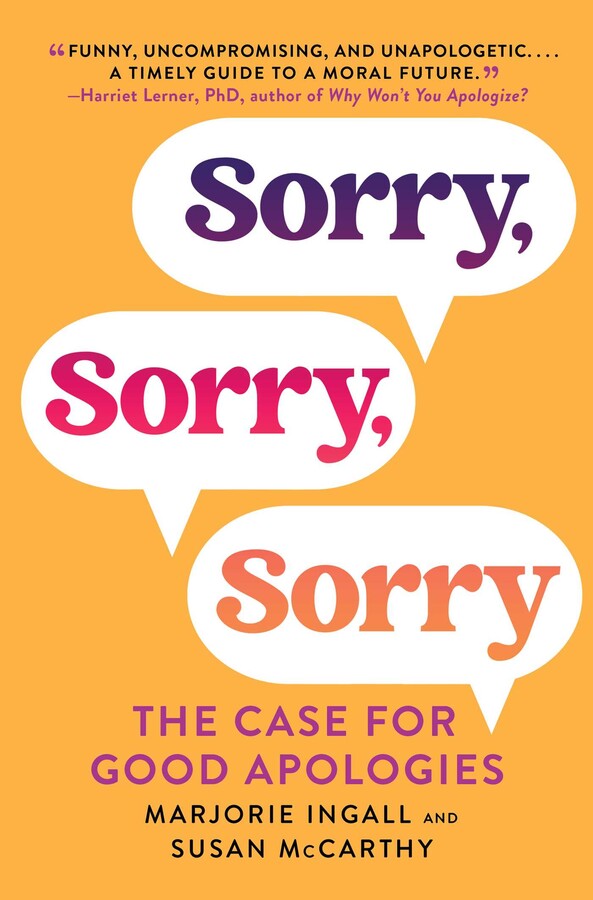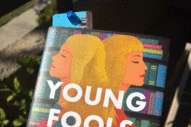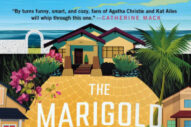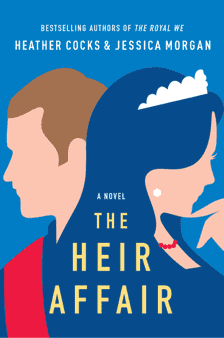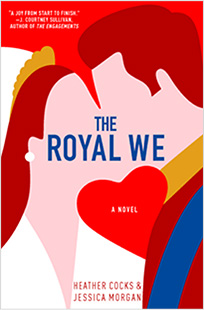This book sounds so interesting! And useful:
It’s a truth universally acknowledged that terrible apologies are the worst. We’ve all been on the receiving end, and oh, how they make us seethe. Horrible public apologies—excuse-laden, victim blame-y, weaselly statements—often go viral instantaneously, whether they’re from a celebrity, a politician, or a blogger. We all recognize bad apologies when we hear them. So why is it so hard to apologize well? How can we do better? How could they do better?
Marjorie Ingall and Susan McCarthy show us the way. Drawing on a deep well of research in psychology, sociology, law, and medicine, they explain why a good apology is hard to find and why it doesn’t have to be. Alongside their six (and a half)-step formula for apologizing beautifully, Ingall and McCarthy also delve into how to respond to a bad apology; why corporations, celebrities, and governments seldom apologize well; how to teach children to apologize; how gender and race affect both apologies and forgiveness; and most of all, why good apologies are essential, powerful, and restorative. A good apology can do so many things—mend fences, heal wounds, and bring more harmony into ourselves and our society at large.
With wit, deep introspection, and laugh-out-loud humor, Ingall and McCarthy’s guidance will help make the world a better place, one apology at a time.
We have three copies to give away. One of you will also get a set of custom-made apology bracelets, courtesy of Marjorie Ingall herself!
THE TASK: As usual, I’ll be picking the winner at random. To enter, please share your favorite recent non-fiction read.
THE RULES: All entries must be posted in the comments of this post by 9 p.m. Pacific time on Friday. FYI, if this is the first time you’ve commented here, the system will automatically kick you into comment moderation, but don’t worry, I will rescue you. (Open to US readers only; all prizing courtesy of the publisher. We use affiliate links, like those above to Amazon.)





